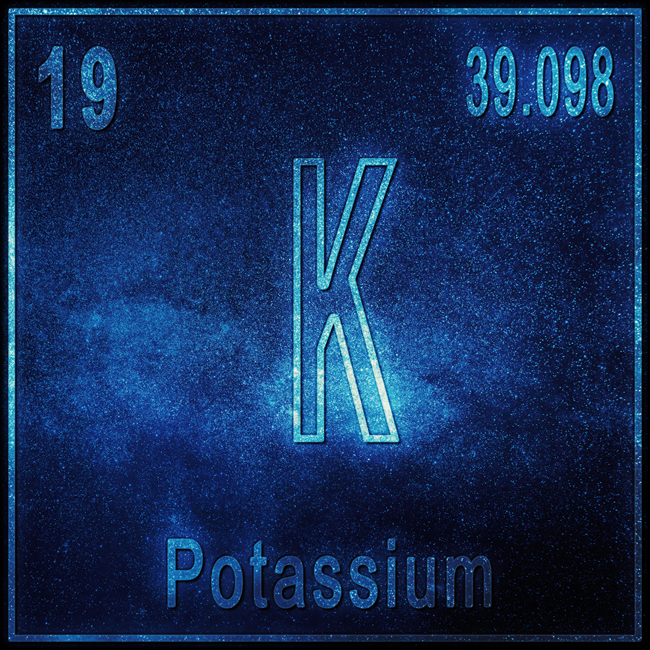I’ve had two hair tissue analyses over the last 3 years, both showing extremely low calcium and magnesium with high potassium and sodium levels. I’ve had multiple calcium blood tests that all came back normal. I’ve also had two PTH tests, both putting me at the bottom of the range (18 on a scale of 15-65). I spent years as a paleo cult member avoiding dairy and eating lots of high phosphorus animal foods like red meat. Despite my low PTH and normal blood calcium, I constantly crave dairy. I find calcium seems improve my anxiety and sleep a little as well as reduce my appetite. I feel more grounded after a few glasses of milk.
These days, I also find that high phosphorous foods like meat or even coffee make me feel agitated and give me histamine problems.
Could I possibly be low in calcium even though my PTH is low and my blood calcium is normal? Is there any explanation for this phenomenon? I don’t think it’s hypoparathyroidism since my vitamin D is always in the top of the range and my blood calcium is normal.
These days, I also find that high phosphorous foods like meat or even coffee make me feel agitated and give me histamine problems.
Could I possibly be low in calcium even though my PTH is low and my blood calcium is normal? Is there any explanation for this phenomenon? I don’t think it’s hypoparathyroidism since my vitamin D is always in the top of the range and my blood calcium is normal.


